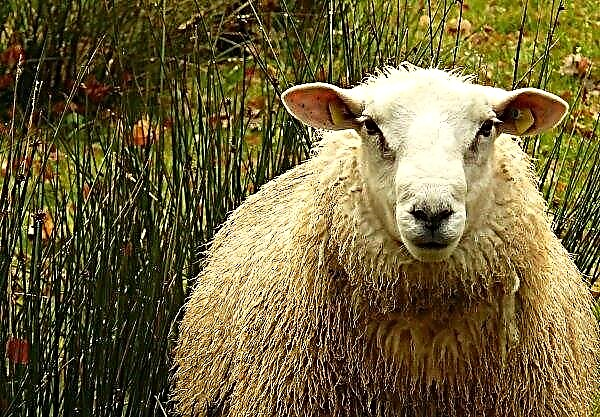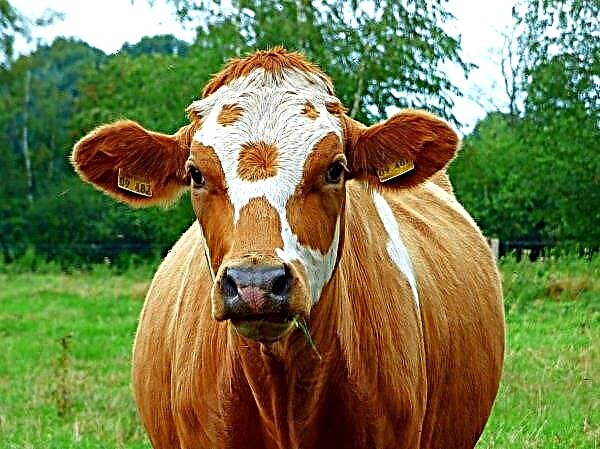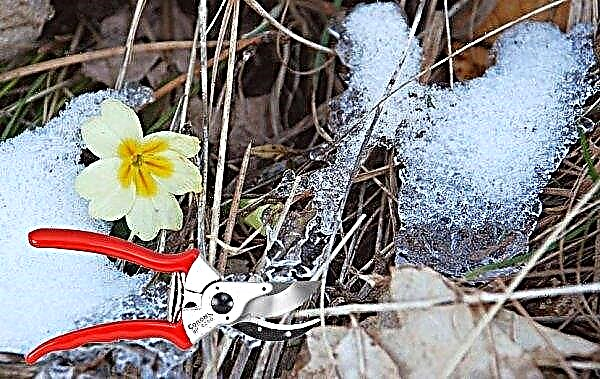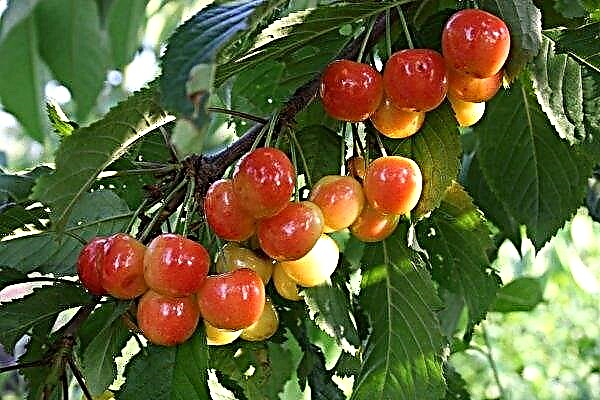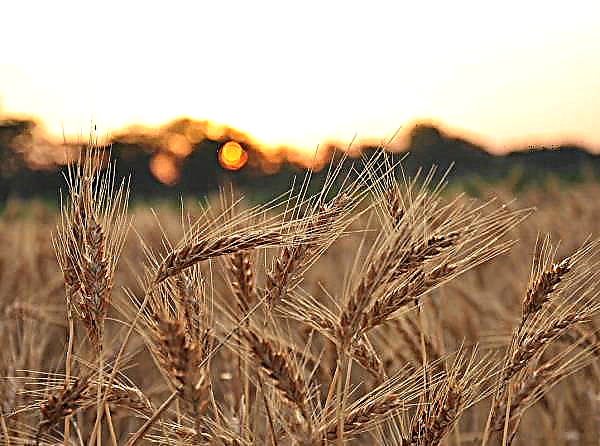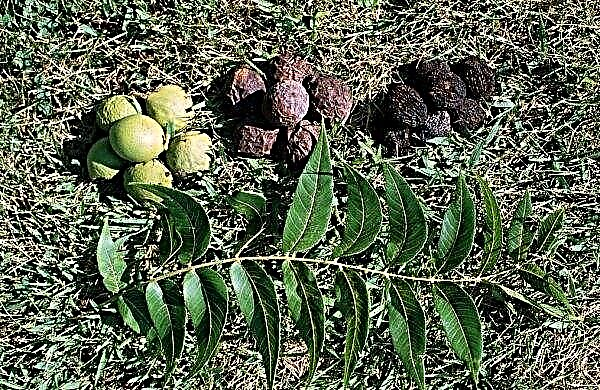The fate of insects is intertwined with the fate of humans and other vertebrates.
Scientists warn that their decline undermines the ecosystems on which many lives depend.

Insects are fundamental to the functioning of terrestrial and freshwater ecosystems. They permeate all aspects of ecosystems, eating, pollinating, spreading seeds and affecting each other's numbers through predation and parasitism. They also provide vital environmental processes for frogs, lizards, birds, and mammals, especially as food for these vertebrates.
Scientists annually discover about 7 thousand new species of insects.
Insects also provide ecosystem services with great benefits to support human activities, especially food and fiber, through activities such as pollination, nutrient cycling, and pest control. This means that the fate of insects is intertwined with the fate of humans and many other vertebrates.

And all is well with the wife with this entomological unit. Insects in large numbers are declining in many parts of the world, and species are dying rapidly, especially as a result of the fall of tropical trees.
Scientists warn that these reductions and losses undermine the ecosystems on which many lives depend. One of the known main causes is habitat loss. This is, in particular, due to a reduction in the number of insects and extinction resulting from the division of the landscape and planting of the vast fields of individual crops, which cause degradation of the landscape and ultimately lead to the loss of their natural habitat.
- While Macrolophus feeds on eggs and larvae of greenhouse and tobacco whiteflies, it also loves aphids, spider mites and moth eggs, a bright green predatory insect can go a long way in growing sweet peppers.
- Grasshoppers and crickets can contribute to providing the world's growing population with protein, a research team has now figured out which foods will be suitable for insects. In the study, scientists offered grasshoppers different options for dry food, and then controlled the weight of adult insects.
- In order to control the populations of harmful insects, the Belgorod branch of the FSBI Rosselkhoztsentr organized the production of entomophages of 2 species - trichograms and gabrobracon. About this FSBI "Rosselkhoztsentr" writes on its website.



